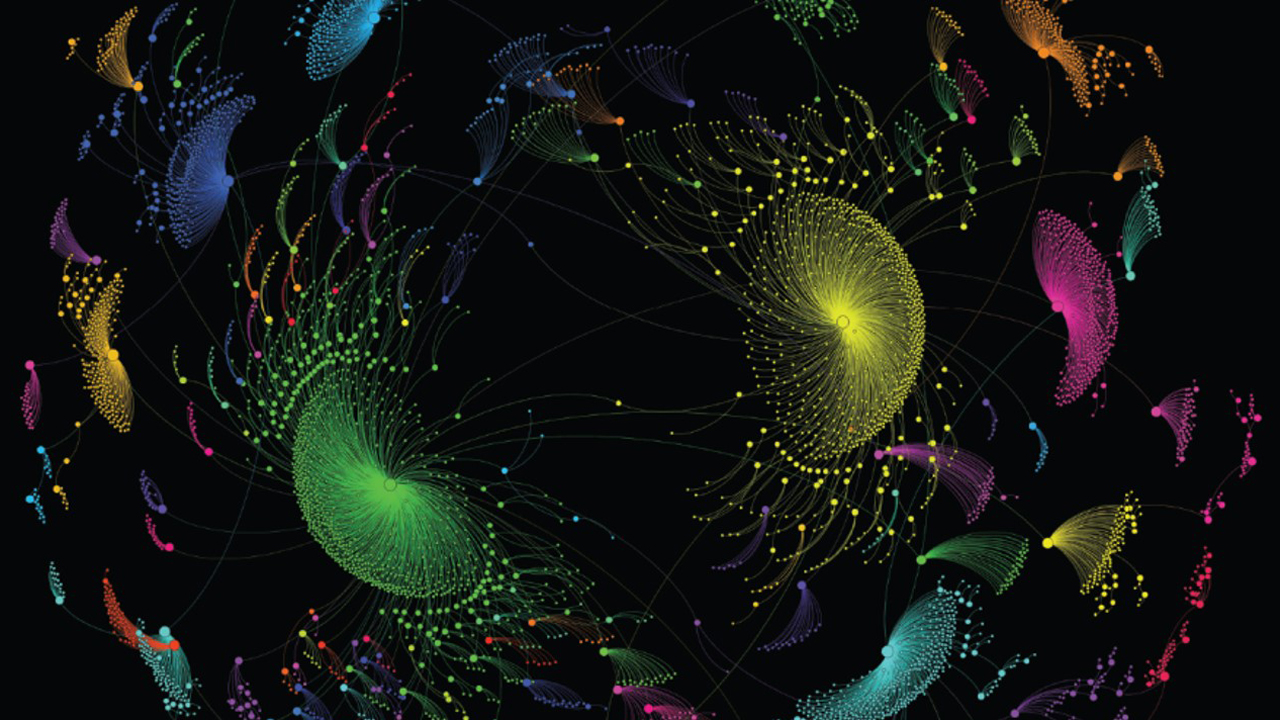News
Predictions for 2022: Artificial intelligence and the materials genome
December 13, 2021

Credit: Chris Wolverton
As part of a series in which experts from Northwestern University give their predictions for 2022, the IIN’s Chad Mirkin offered the following about artificial intelligence in the year ahead:

“I expect an explosion of activity aimed at developing artificial intelligence for areas beyond what we typically associate artificial intelligence with, such as advertising, internet search, speech, and writing. There will be newsworthy advances involving heavy use of AI in synthetic biology and creation of new medicines. But the most significant advances may come through deploying AI to address the materials genome, which is determining how to use all of the parameters and combinations of elements that define a material’s structure and properties.
“Consider our quest for new sources of clean energy. The country’s – and the world’s – ambitions for a zero-emission future are far greater than our current technological capabilities. We’re not going to get there through legislation alone. We need fundamental research into materials for fuel cells and catalysts with unprecedented power and capabilities – materials that don’t exist today. And AI, when trained on the appropriate data sets, can direct us to structures with the properties we need. We can get there orders of magnitude faster than we could with conventional, trial-and-error approaches.
“Northwestern, given its historical prowess in chemistry and materials science, is going to lead the way. The key is to create technology that allows us to synthesize new materials faster than anyone on earth and then screen those materials for useful properties to generate the massive data sets required to train AI in this space.
The university has taken a bold step in this direction with a $10 million seed investment in a new Center for Nanocombinatorics that will be aimed at discoveries in clean energy. This early effort has already attracted world-class talent to Evanston, such as Prof. Ted Sargent, who recently moved from the University of Toronto.”
Chad Mirkin is the director of the International Institute for Nanotechnology and the George B. Rathmann Professor of Chemistry in the Weinberg College of Arts and Sciences at Northwestern. He is also a professor of chemical and biological engineering, biomedical engineering, and materials science and engineering at Northwestern’s McCormick School of Engineering, and a professor of medicine at the Feinberg School of Medicine.